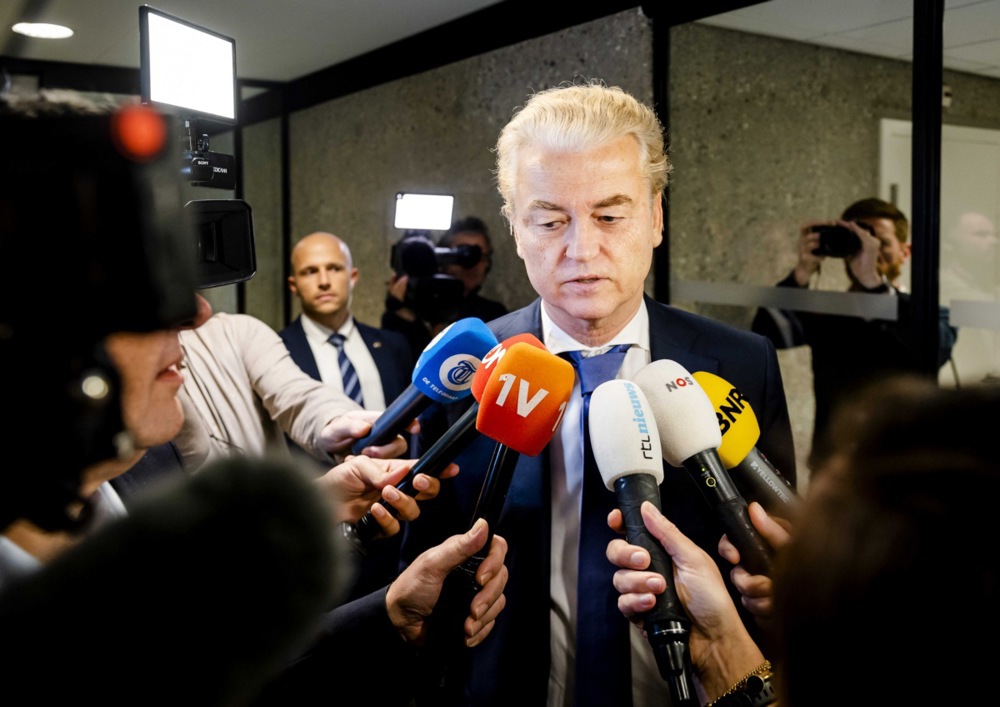The Dutch government has collapsed just under a year after forming, triggered by a major dispute over immigration policy. Geert Wilders, the controversial leader of the right-wing Party for Freedom (PVV), withdrew his support from the ruling coalition after his sweeping immigration reform proposals were rejected by coalition partners.
Geert Wilders Demands: An Immigration Overhaul
At the heart of the crisis were Wilders’ aggressive immigration demands, laid out in a 10-point plan. Key measures included:
1. Sealing Dutch borders to new asylum seekers
2. Introducing detention centers for undocumented migrants
3. Stripping dual-nationality Dutch citizens with criminal records of their citizenship
4. Mass deportations and limiting family reunification
5. Deploying military forces to patrol the country’s borders
These demands were consistent with Wilders’ long-standing anti-immigration stance but went far beyond what the other coalition parties—especially the center-right VVD and centrist NSC—were willing to support.
Why the Coalition Rejected the Demands
Coalition partners argued that Wilders’ proposals violated both Dutch constitutional norms and EU asylum laws. Prime Minister Dick Schoof, who resigned following the collapse, reportedly warned that implementing the plan would isolate the Netherlands within the European Union and possibly trigger legal challenges from international bodies.
Moreover, the Farmer-Citizen Movement (BBB) and NSC feared that such radical steps would alienate moderate voters and damage the country’s reputation for liberal democracy and rule of law.
Political Fallout and What Happens Next
The government collapse has thrust the Netherlands into political turmoil. The four-party coalition, already considered fragile, lasted less than a year after being formed in July 2024.
Prime Minister Schoof’s resignation has left the country under a caretaker government at a critical time, with a major NATO summit only weeks away. Opposition parties have already called for snap elections, expected to be scheduled for this fall.
Geert Wilders, despite once leading the largest party in parliament, now faces criticism from all sides. Analysts suggest that his hardline tactics may backfire, with recent polls indicating a decline in support for the PVV among centrist voters.
What’s Next for the Netherlands?
Caretaker Government: The current administration will handle day-to-day affairs but will have limited power to introduce new legislation.
Snap Elections: Likely to take place in the fall of 2025, with immigration policy set to be a central issue.
Coalition Realignment: Traditional parties may seek to form a broader, more moderate alliance to prevent another PVV-led government.
EU Relations: Brussels is watching closely, particularly regarding the potential impact on migration cooperation and rule-of-law issues.
This crisis marks another chapter in Europe’s growing political tensions around immigration. As the Netherlands heads into yet another election cycle, the question remains: will Geert Wilders or any other party be able to get a clear mandate or will the Dutch politics continue to be in disarray.
